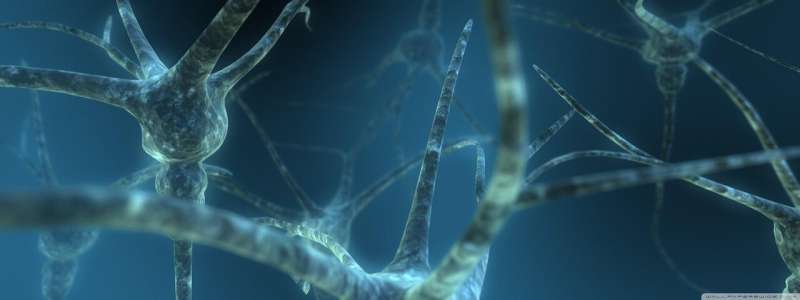New antibody shows therapeutic effects in mice with Alzheimer's disease

A newly developed agonistic antibody reduced the amyloid pathology in mice with Alzheimer's disease, signaling its promise as a potential treatment for the disease, according to a team of researchers at UTHealth Houston.
Research led by senior author Zhiqiang An, Ph.D., professor and Robert A. Welch Distinguished University Chair in Chemistry at McGovern Medical School at UTHealth Houston, found that a tetra-variable domain antibody targeting the triggering receptor expressed on myeloid 2 (TREM2)—dubbed TREM2 TVD-lg—reduced amyloid burden, eased neuron damage, and alleviated cognitive decline in mice with Alzheimer's disease. The study was published today in Science Translational Medicine.
"Antibody-based therapy is a viable drug modality for the treatment of Alzheimer's disease," said An, director of the Texas Therapeutics Institute with The Brown Foundation Institute of Molecular Medicine for the Prevention of Human Diseases (IMM). "One of the major areas of focus at the Texas Therapeutics Institute is developing technologies to deliver antibody-based therapies across the blood-brain barrier for potential treatment of the disease."
TREM2 is a single-pass receptor expressed by microglia—supportive cells that function as scavengers in the central nervous system. Microglia play a crucial role in the removal of amyloids that cluster around amyloid-beta plaques, a hallmark of Alzheimer's disease.
While previous research has shown that TREM2 plays an important role in the pathophysiology of Alzheimer's disease, the recent findings suggest that increasing TREM2 activation could have therapeutic effects such as improved cognition.
"By leveraging the unique antibody drug discovery capabilities at UTHealth Houston and collaborating with scientists with complementary expertise, we demonstrated the feasibility of engineering multivalent TREM2 agonistic antibodies coupled with TfR-mediated brain delivery to enhance microglia functions and reduce amyloid pathology in vitro and in vivo," said co-senior author Ningyan Zhang, Ph.D., professor at the Texas Therapeutics Institute at IMM at McGovern Medical School. "This antibody engineering approach enables the development of effective TREM2-targeting therapies for AD."
More information: Peng Zhao et al, A tetravalent TREM2 agonistic antibody reduced amyloid pathology in a mouse model of Alzheimer's disease, Science Translational Medicine (2022). DOI: 10.1126/scitranslmed.abq0095. www.science.org/doi/10.1126/scitranslmed.abq0095




















